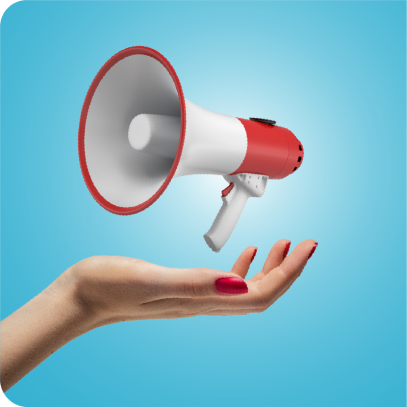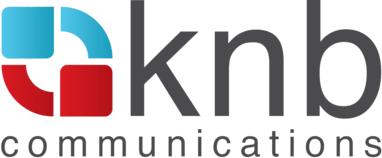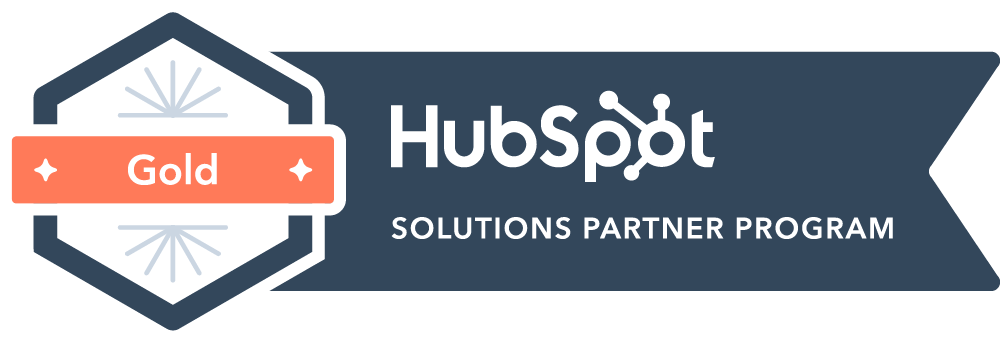5 ways healthcare + biotech marketers can embrace artificial intelligence
Table of contents
There’s one thing all marketers in the healthcare, health tech, biotech, and life science industries can agree on — change is constant. Marketers are accustomed to adapting on the fly — they’re expected to understand ever-evolving social media algorithms, stay apprised of industry news, and even manage same-day platform name changes (hello, X!). Adopting the shapeshifting world of artificial intelligence (AI) is no different.
As the technology continues to evolve, marketers can expect even more enhanced tools to optimize time and drive meaningful results. And those who can adapt quickly will likely be the most successful.
AI is one of the most impactful technologies to emerge in recent years, and leveraging it can help marketers create efficiencies, gather data, and enhance creativity in their work. Here are five key ways healthcare marketers can embrace AI to improve workflows and results.
1. Automate repetitive tasks
Whether you are responsible for digital marketing and need to regularly optimize campaigns to drive results, or you manage social media and must stay apprised of trending topics, there is consistent, time-consuming work involved. AI can be leveraged to automate tasks such as identifying trending topics or hashtags, researching keywords, and extracting data. For example, a social media manager could prompt Bard to share the top 10 trending health tech and biotech hashtags on X at the start of each workweek.
2. Improve workflows
According to Hubspot’s 2023 State of Marketing report, marketers spend an average of six hours per day on manual, administrative, or operational tasks. In a typical eight-hour workday, this leaves two hours a day (only ten hours a week!) to be creative or strategic. AI tools can be used to complete manual tasks that traditionally hold up project flow. For example, a marketer could use Grammarly to perform initial proofreading of an article, or ChatGPT to develop source citations. By automating once-manual tasks you can save valuable hours and reduce burnout.
3. Generate creative content inexpensively
AI doesn’t replace human creativity (yet). However, it can be leveraged to further a creative concept and amplify its reach. Once you develop a creative concept that will resonate with your target audience, AI platforms like Midjourney can generate hundreds of similar creative iterations. These can be used as additional creative on a website, blog post, or even for A / B testing in digital advertising. This can also boost your marketing budget, as developing hundreds of graphics would typically cost thousands of dollars, and Midjourney can produce multiple images for just a few dollars.
4. Gather target audience insights
Healthcare marketers must know their target audience deeply in order to create messages and campaigns that resonate. However, this initial research can be time and labor-intensive. A platform like Bard can analyze large datasets — including customer demographics, search history, and social media interactions — to identify patterns about your target audience and glean key insights. A marketer could, for example, ask Bard to identify the top three job concerns for physicians in 2023. These insights could help guide campaign messaging development.
5. Personalize healthcare marketing messages
Personalized marketing messages drive higher campaign results. In fact, research shows that companies that embrace personalization generate 40% more revenue than those that don’t. Once you have developed a creative campaign message, use an AI tool to adapt that messaging to appeal to different customers or personas. For example, a healthcare marketer could prompt ChatGPT to tweak an existing campaign message for physicians to wording better suited for a nursing audience. When infused into paid campaigns, these messages can help to increase engagement and conversions.
Despite being a relatively new tool for marketers in the healthcare, health tech, biotech, and life science industries, AI has already proven itself invaluable. It can be used to better understand customers, predict behavior, and deliver more personalized and effective campaigns. As the technology continues to evolve, marketers can expect even more enhanced tools to optimize time and drive meaningful results. And those who can adapt quickly will likely be the most successful.

Bridget has more than a decade of marketing experience. She began her career in social media and has since become an expert full-stack marketer, with experience leading creative teams, managing digital advertising strategy, guiding end-to-end website development projects, developing TV-ready video, and more. While she has experience driving business results across many industries, she is particularly passionate about healthcare and health tech. As an Account Director at KNB Communications, she leverages her marketing expertise and project management abilities to ensure her clients exceed their business goals.
Search





.svg)




